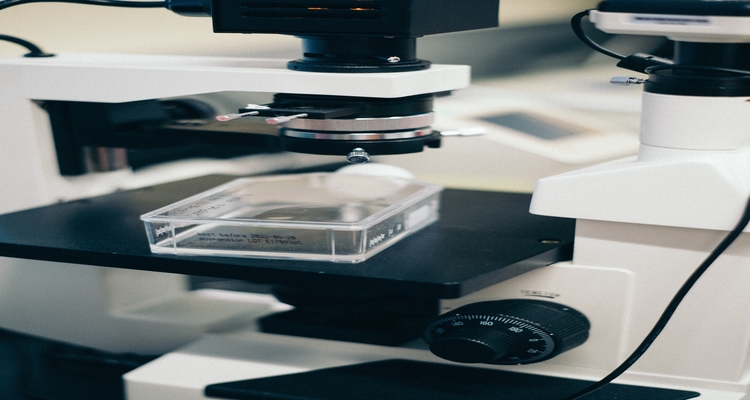Professor William Watson from the UCD School of Medicine and colleagues in the Prostate Cancer Research Consortium are making strides in Cancer Research.
Professor William Watson is Professor of Cancer Biology at the UCD School of Medicine. He and his fellow researchers have shown that by drawing on multiple sources of informaation it is better to diagnose Prostate Cancer and make more accurate and improved decisions around treatment.
After a diagnosis of Prostate Cancer, the disease itself can develop in different ways. The tumour may be aggressive and treatment may help to slow it down or even halt it. Sometimes, as is the case in many instances, a tumour may be in ‘indolent’ or non-aggressive, and if left alone it would have no impact on the man’s lifespan or quality of life.

The question is how can we tell what of tumour it is? A recent paper by UCD scientist Professor William Watson and colleagues details the success achieved in a new approach. By analysing the results of several types of information together, the research has shown a much more accurate prediction of how aggressive a given prostate tumour is.
Professor Watson explains that "because prostate cancer is generally an ageing man’s disease, and older men are more likely to have other conditions, you want to avoid interventions like surgery or radiation or chemotherapy unless they are really necessary.”
At the moment, when diagnosing Prostate Cancer, a small sample is taken from the prostate tissue. However, according to Professor Watson, there can often be sampling errors. He explains that "there may be a tumour elsewhere in the prostate that hasn’t been sampled, or that sample may not be representative of other parts of the tumour". It is not always easy to determine what type of tumour you are dealing with as this is very hard to get a clear picture of. Professor Watson and his colleagues are working on creating a much more comprehensive approach to learning about the cancer in an individual. This will entail looking at all information that can be gained from the tumour.
The Prostate Cancer Research Consortium analysed biochemical features of tissue and blood samples and outcomes in more than 150 individuals. In a paper published in the journal Molecular Oncology, the researchers describe how their process of utilising multiple sourcs of data collected from the blood and tissue samples at the time of diagnosis allowed much more accurate predictions about the status of the cancer. Professor Watson noted that the current prediction result is typically about 72% accurate, however when the researchers at the Prostate Cancer Research Consortium integrated all the information and data they had been collecting, they found the result was now around 94% accurate.
The PCRC are now seeking funding to validate this new approach in a wider group of patients. The hope is to more accurately match the correct treatment approach to the patient at the time of diagnosis, As Watson puts it “If someone has been diagnosed and we predict he has an aggressive cancer then we know he could benefit from treatment,” “Or if we predict he has indolent cancer, then he can avoid surgery and radiation and all the side effects that go with them.”
The research relies heavily on patient information and samples in order to move forward. The implementation of the recent health data regulations in Ireland will bring new challenges in the future use of this information. It comes down to resources in the end, complying with the new regulations means putting resources into that instead of into the research. Patients, according to Watson, have largely given consent and are eager for the research to continue.
Professor Watson is motivated to continue with his research because of a desire to improve the decisions that improve patient outcomes. “I am lucky that I work closely with clinicians on clinically relevant questions which will impact on patients,” he says. “Translating the extensive scientific advances drives my interest in this space.”